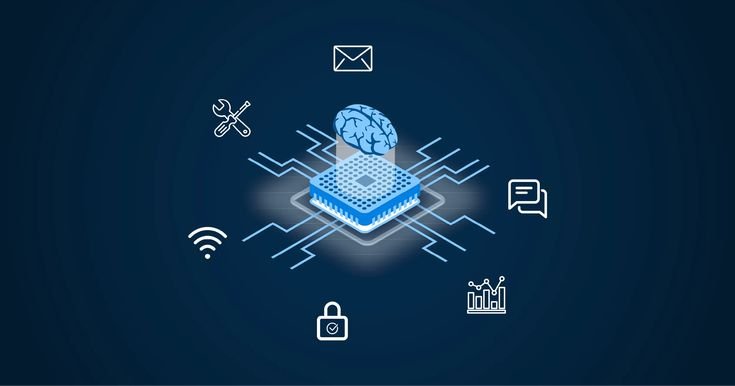In the digital age, cloud computing has emerged as a cornerstone of modern technology, revolutionizing the way businesses operate and transforming our everyday lives. As more organizations and individuals migrate to the cloud, its impact continues to grow, driving efficiency, innovation, and scalability. This blog explores the trending developments in cloud computing, its benefits, and the future of this transformative technology.
Understanding Cloud Computing
Cloud computing refers to the delivery of computing services—including storage, processing power, and applications—over the internet, commonly known as “the cloud.” Instead of relying on local servers or personal devices to handle these services, users access and manage them remotely via cloud service providers like Amazon Web Services (AWS), Microsoft Azure, and Google Cloud Platform.
Key Trends in Cloud Computing
- Hybrid and Multi-Cloud StrategiesBusinesses are increasingly adopting hybrid and multi-cloud strategies, combining private and public cloud services to optimize performance, cost, and security. Hybrid clouds allow organizations to keep sensitive data on-premises while leveraging the scalability of public clouds for less critical operations. Multi-cloud strategies involve using multiple cloud providers to avoid vendor lock-in and enhance resilience.
- Edge ComputingAs the Internet of Things (IoT) devices proliferate, edge computing is gaining traction. This trend involves processing data closer to the data source, reducing latency and improving performance. By integrating edge computing with cloud services, businesses can achieve faster data processing and real-time analytics, crucial for applications like autonomous vehicles and smart cities.
- Serverless ComputingServerless computing, also known as Function as a Service (FaaS), allows developers to build and deploy applications without managing the underlying infrastructure. This model simplifies the development process, reduces costs, and enables automatic scaling. Major cloud providers offer serverless services, making it easier for companies to innovate quickly and efficiently.
- Artificial Intelligence and Machine Learning IntegrationCloud platforms are increasingly integrating artificial intelligence (AI) and machine learning (ML) capabilities. These advanced tools enable businesses to analyze vast amounts of data, gain insights, and automate processes. Cloud-based AI and ML services democratize access to powerful computational resources, allowing organizations of all sizes to leverage cutting-edge technologies.
- Enhanced Security MeasuresAs cyber threats evolve, cloud service providers are continually enhancing their security measures. Advanced encryption, identity management, and compliance tools help protect sensitive data. Moreover, the shared responsibility model ensures that both providers and users play a role in maintaining security, fostering a more robust defense against cyber attacks.
Benefits of Cloud Computing
- Scalability and FlexibilityCloud computing offers unparalleled scalability, allowing businesses to adjust their resources according to demand. This flexibility ensures that organizations can efficiently handle varying workloads without the need for significant upfront investments in infrastructure.
- Cost EfficiencyBy shifting to a cloud-based model, businesses can reduce capital expenditures on hardware and software. Pay-as-you-go pricing models enable companies to pay only for the resources they use, optimizing costs and improving budget management.
- Collaboration and AccessibilityCloud services facilitate collaboration by providing remote access to data and applications. Teams can work together seamlessly from different locations, enhancing productivity and enabling remote work arrangements.
- Disaster Recovery and Business ContinuityCloud computing offers robust disaster recovery solutions, ensuring that data is backed up and accessible even in the event of a failure. This capability is crucial for maintaining business continuity and minimizing downtime.
The Future of Cloud Computing
The future of cloud computing is bright, with continuous advancements poised to drive further transformation. Quantum computing, for instance, holds the potential to revolutionize data processing and solve complex problems currently beyond the reach of classical computers. Additionally, the growing emphasis on sustainability is pushing cloud providers to adopt greener practices, making cloud computing more eco-friendly.
As technology evolves, cloud computing will remain at the forefront of innovation, empowering businesses to achieve new heights of efficiency and creativity. Embracing cloud technology is no longer just an option but a necessity for staying competitive in the digital era.
Conclusion
Cloud computing is reshaping the technological landscape, offering unprecedented opportunities for businesses and individuals alike. From hybrid strategies and edge computing to serverless architectures and AI integration, the trends driving cloud computing today are setting the stage for a future of limitless possibilities. By leveraging the power of the cloud, we can unlock new levels of innovation, efficiency, and resilience, paving the way for a more connected and dynamic world.





